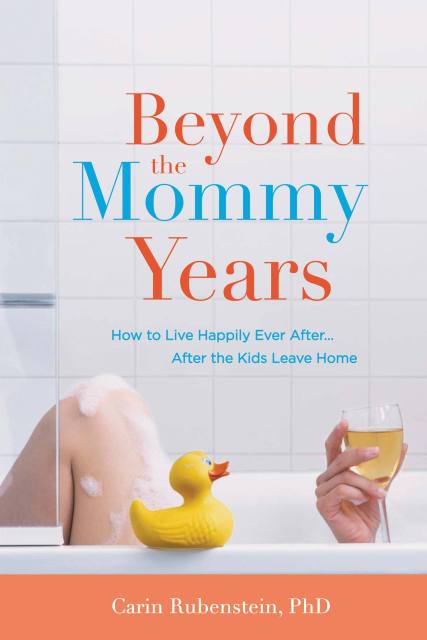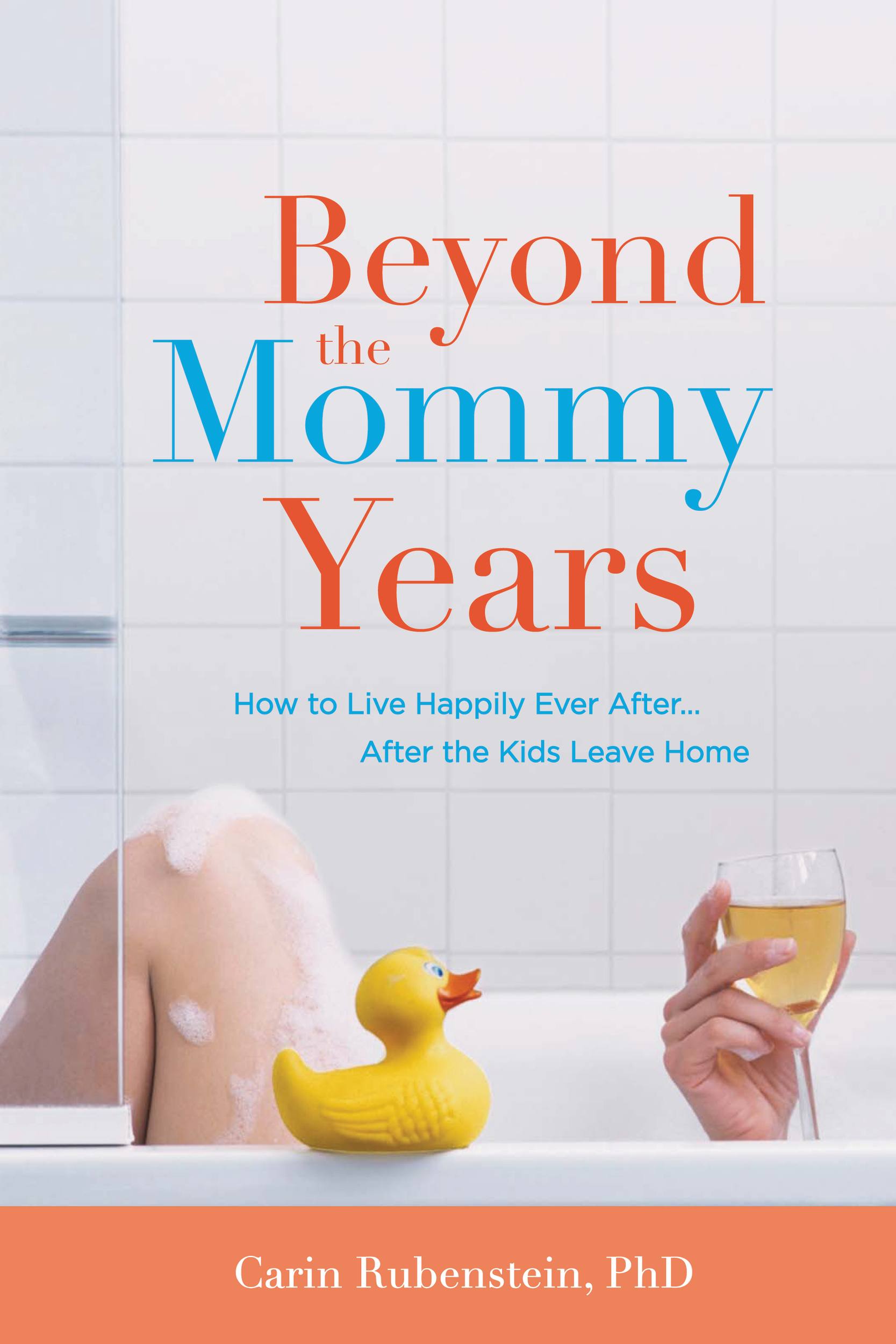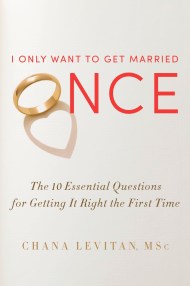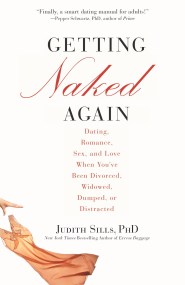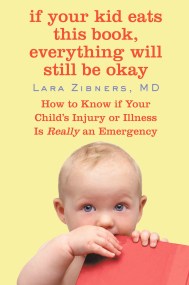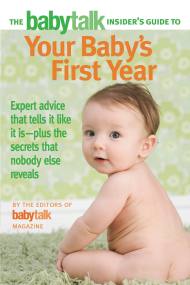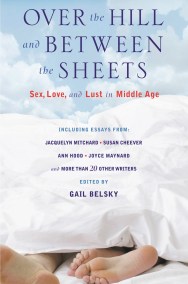By clicking “Accept,” you agree to the use of cookies and similar technologies on your device as set forth in our Cookie Policy and our Privacy Policy. Please note that certain cookies are essential for this website to function properly and do not require user consent to be deployed.
Beyond the Mommy Years
How to Live Happily Ever After...After the Kids Leave Home
Contributors
Formats and Prices
- On Sale
- Aug 14, 2008
- Page Count
- 352 pages
- Publisher
- Grand Central Life & Style
- ISBN-13
- 9780446538039
Price
$7.99Price
$9.99 CADFormat
Format:
- ebook $7.99 $9.99 CAD
- Hardcover $38.00 $48.00 CAD
This item is a preorder. Your payment method will be charged immediately, and the product is expected to ship on or around August 14, 2008. This date is subject to change due to shipping delays beyond our control.
Buy from Other Retailers:
Thirty million mothers between 40 and 60 years old are about to face childless households for the first time in decades. For some women, it is a lonely and confusing time; but for the vast majority, it’s a journey of joy and discovery. Through intensive and wide-ranging original research, author Carin Rubenstein reveals how and why some mothers thrive and others do not. She breaks the post-motherhood launch down into three stages–grief, relief, and joy. If a woman makes it through to the final stage, friendships blossom, work thrives, and she develops a renewed sense of confidence and well-being. While in many instances, increased time together hastens the end of a struggling marriage, most women discover their relationships improve when children leave. Beyond the Mommy Years offers fascinating research, helpful advice, and amusing anecdotes to the millions facing this uncertain but potentially enriching stage of life.
“An encouraging counterarguement to the idea that an empty nest leads to an empty life.” — Library Journal
“Carin Rubenstein, PhD., nails it: Any woman worried about her post-car pool life should read this book.” — Sally Koslow, mother of two sons in their twenties, and author of Little Pink Slips
“Beyond the Mommy Years bridges the knowledge void felt by so many moms after their children leave for college…A thoughtful discussion of the positive changes that lie ahead for mothers after our children are launched. While parenting never ends, this book provides moms with the tools to live a rich and full life.” — Linda Perlman Gordon & Susan Morris Shaffer, co-authors of Mom, Can I Move Back in with You?
Newsletter Signup
By clicking ‘Sign Up,’ I acknowledge that I have read and agree to Hachette Book Group’s Privacy Policy and Terms of Use
